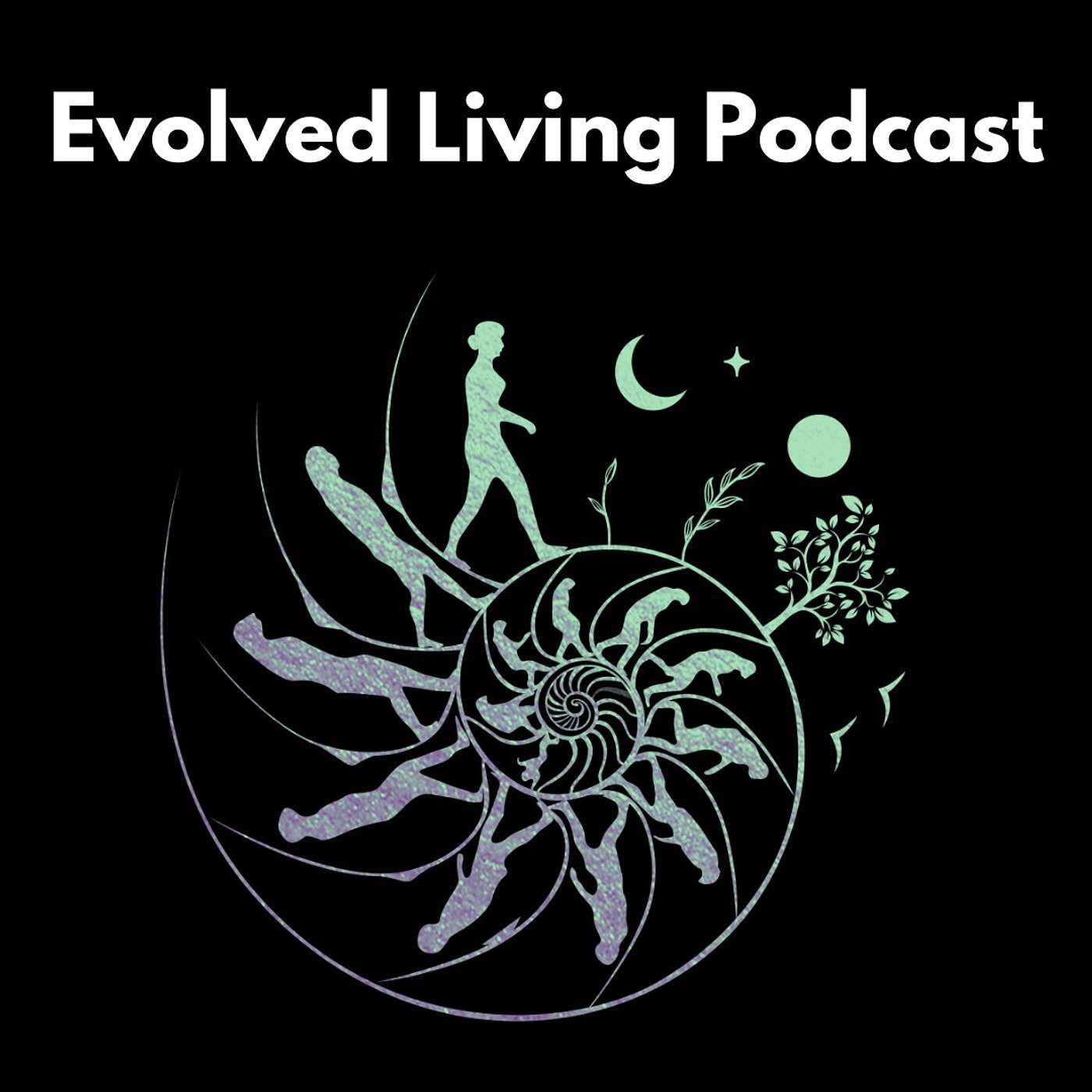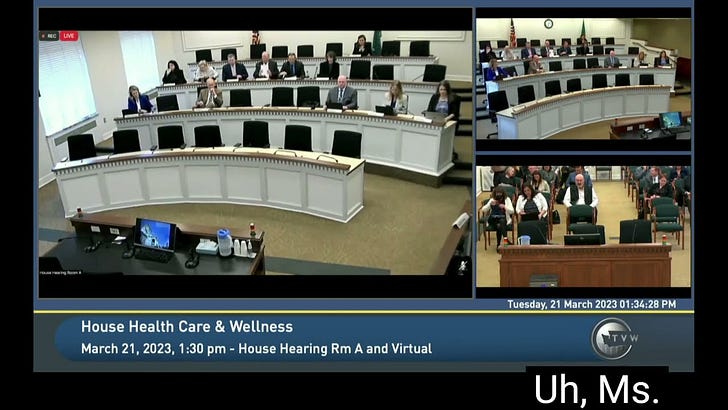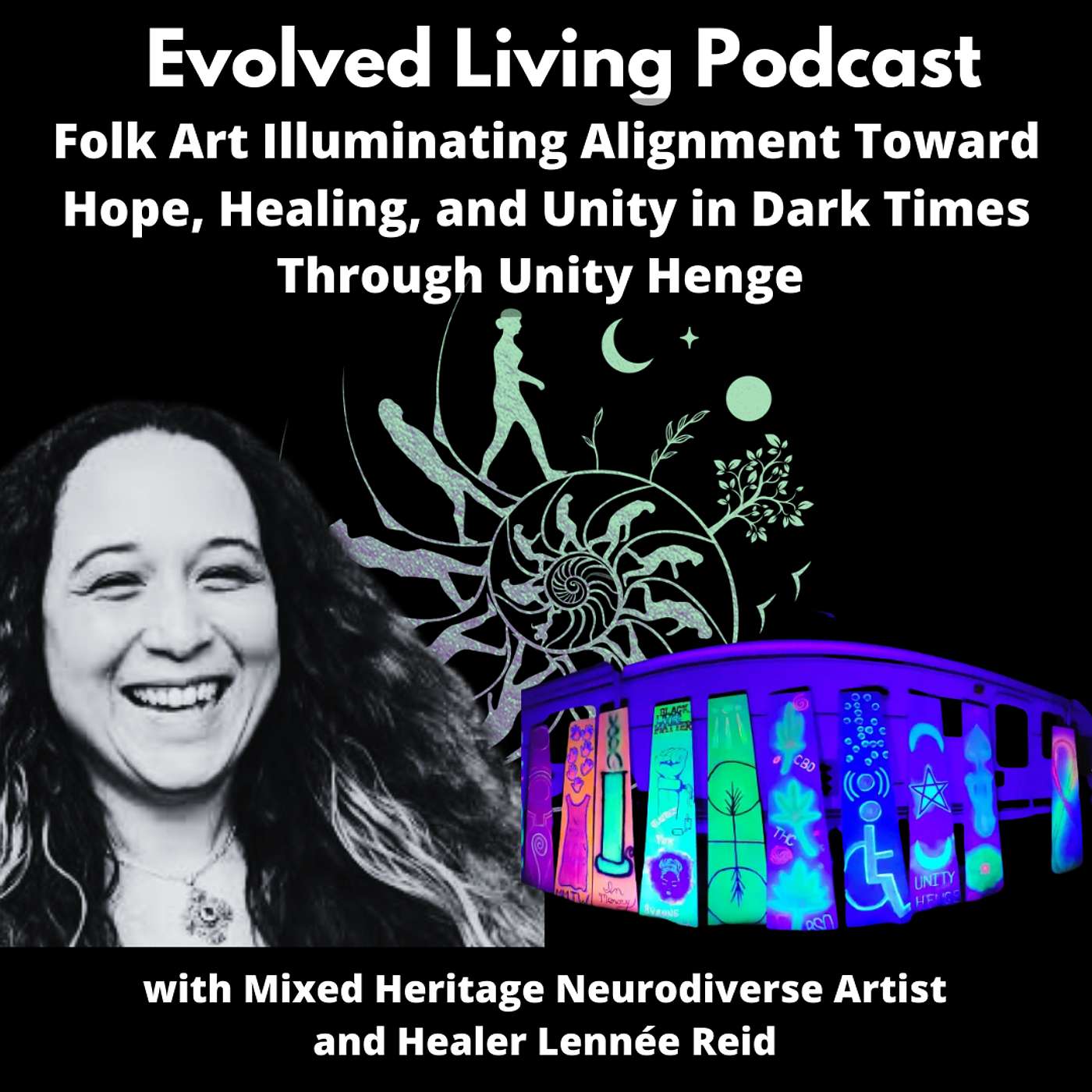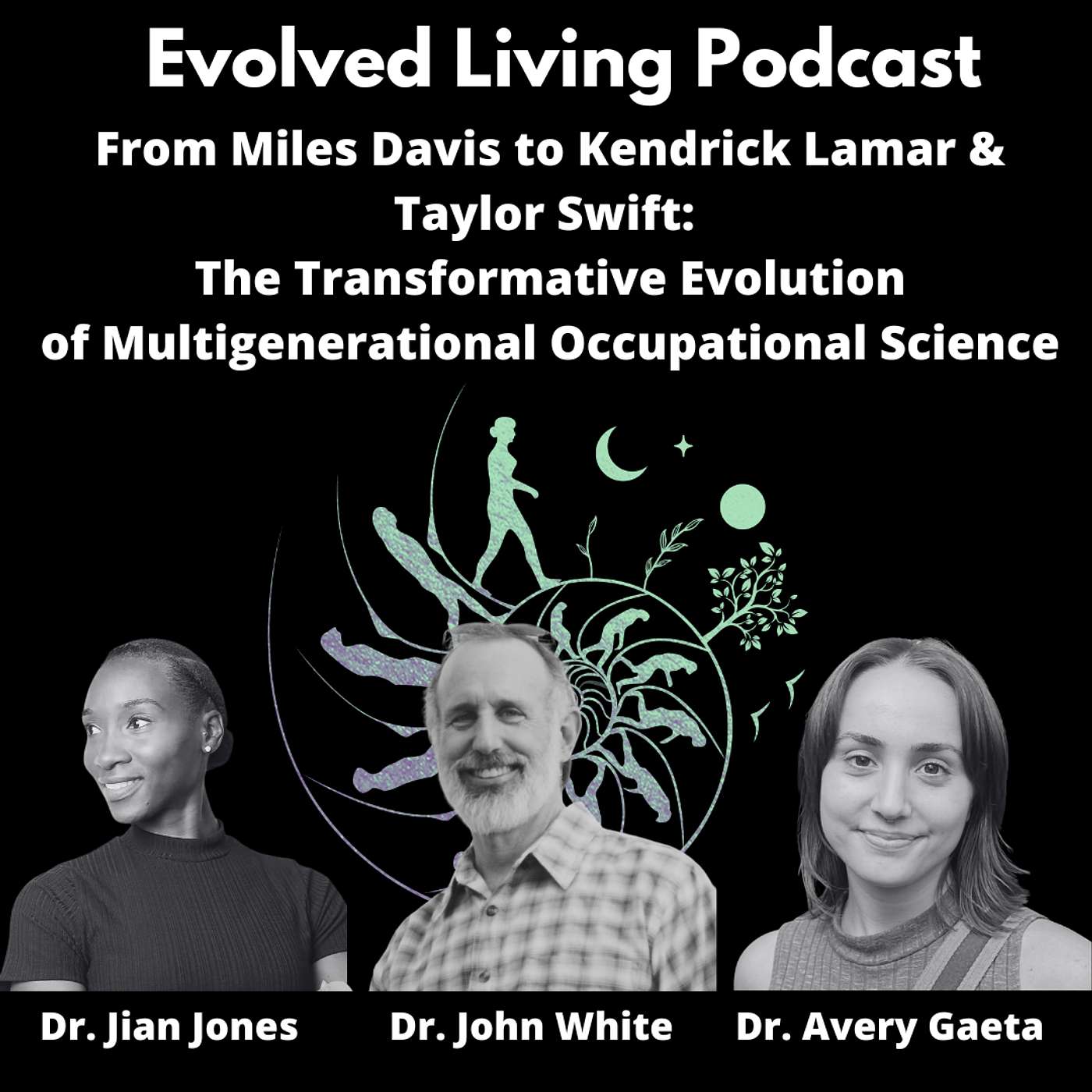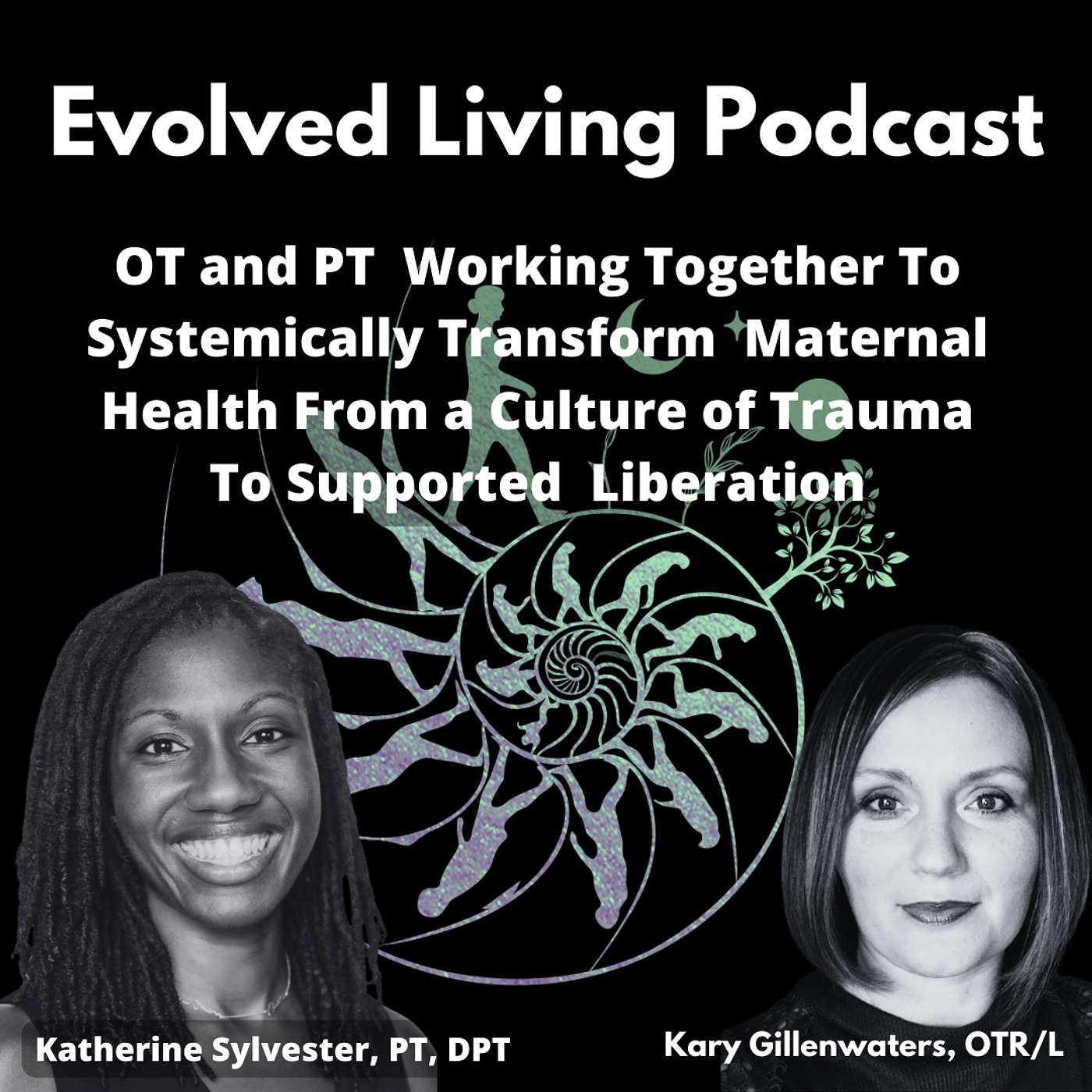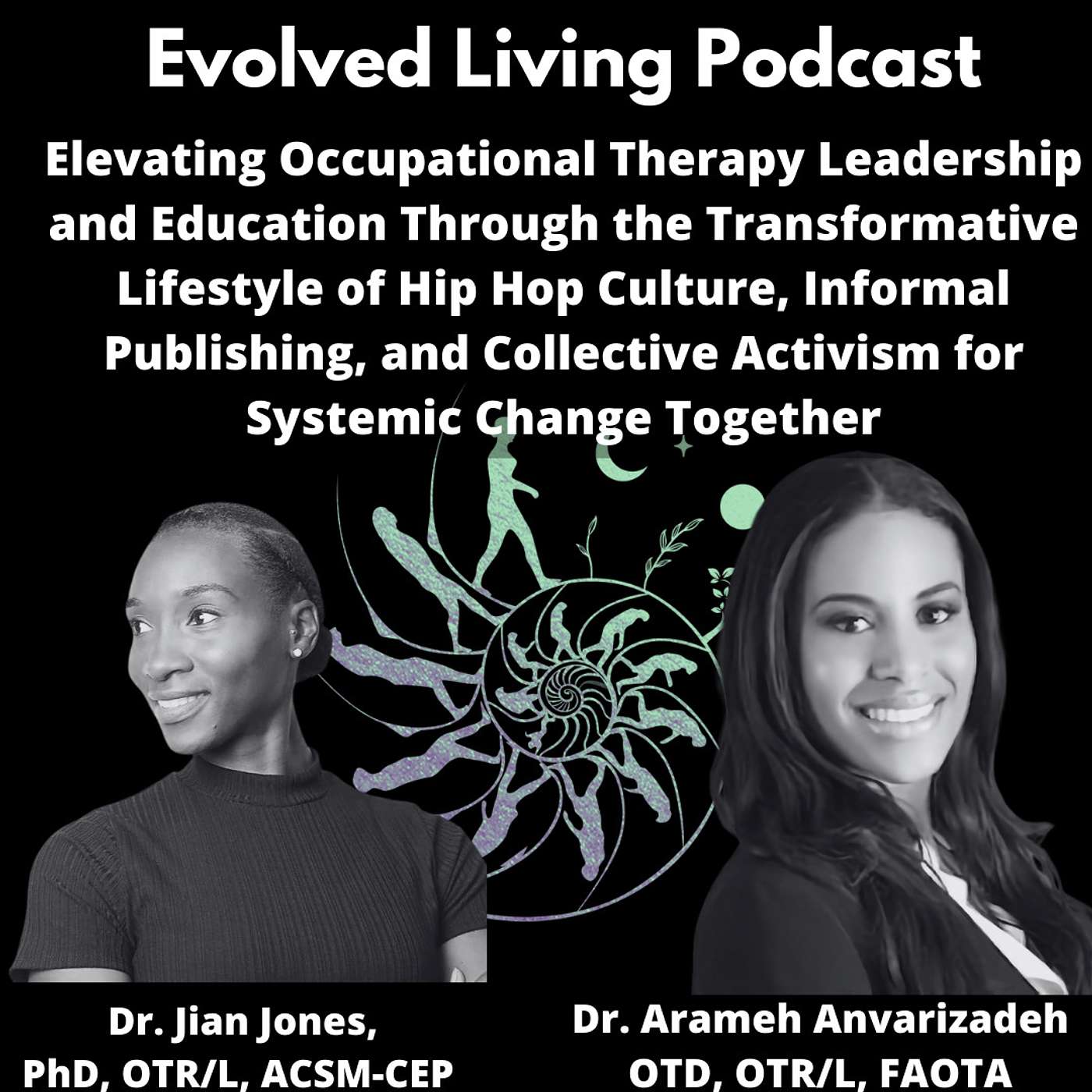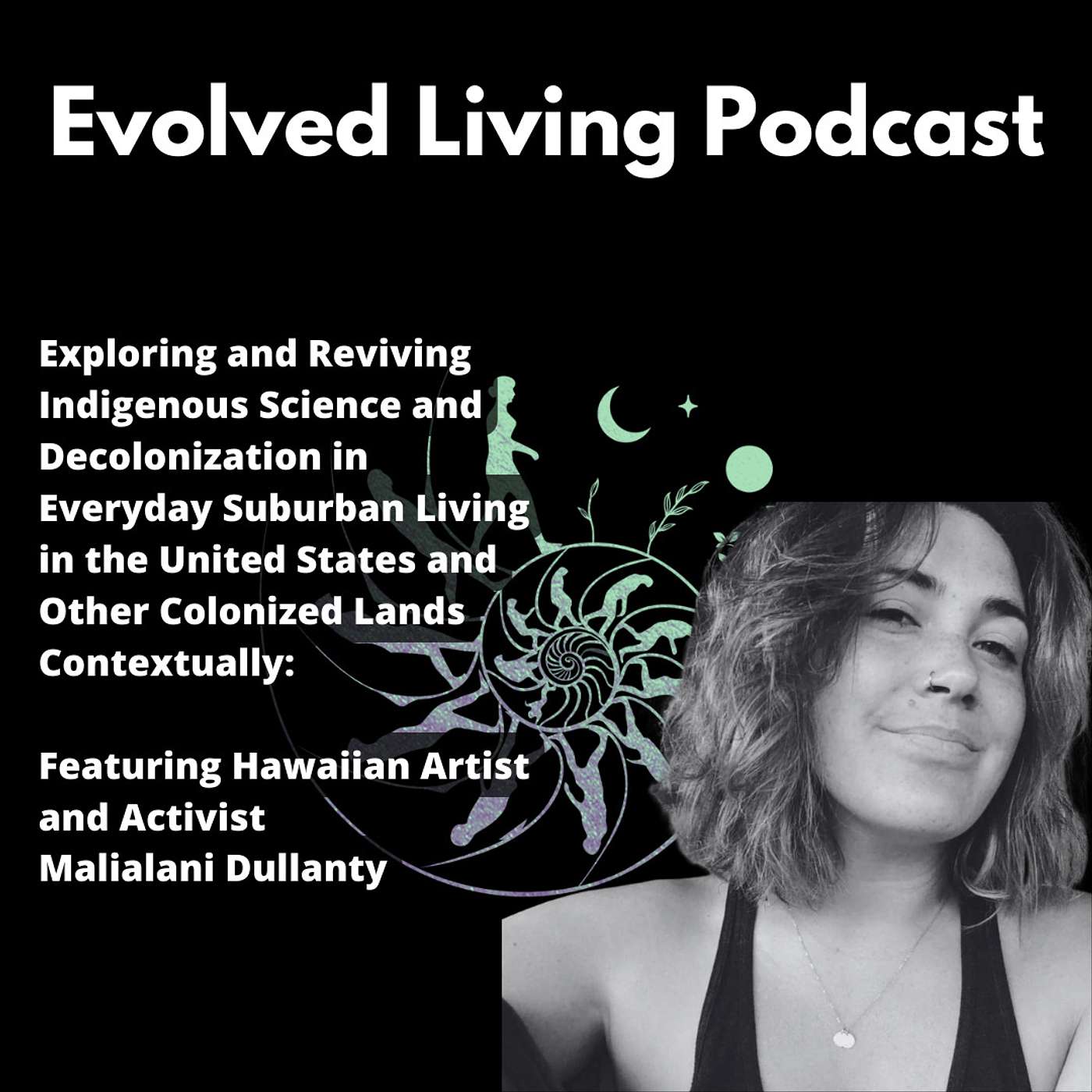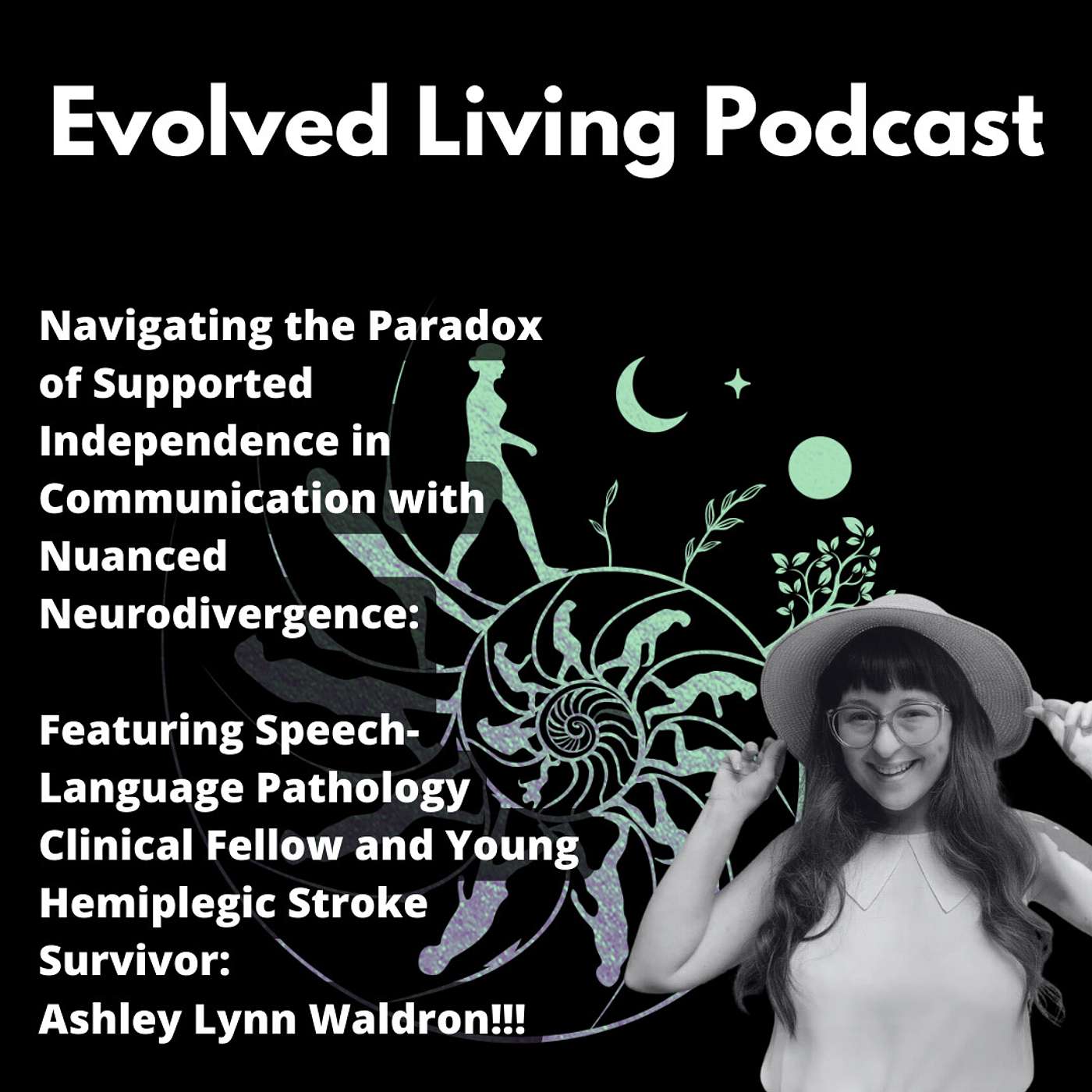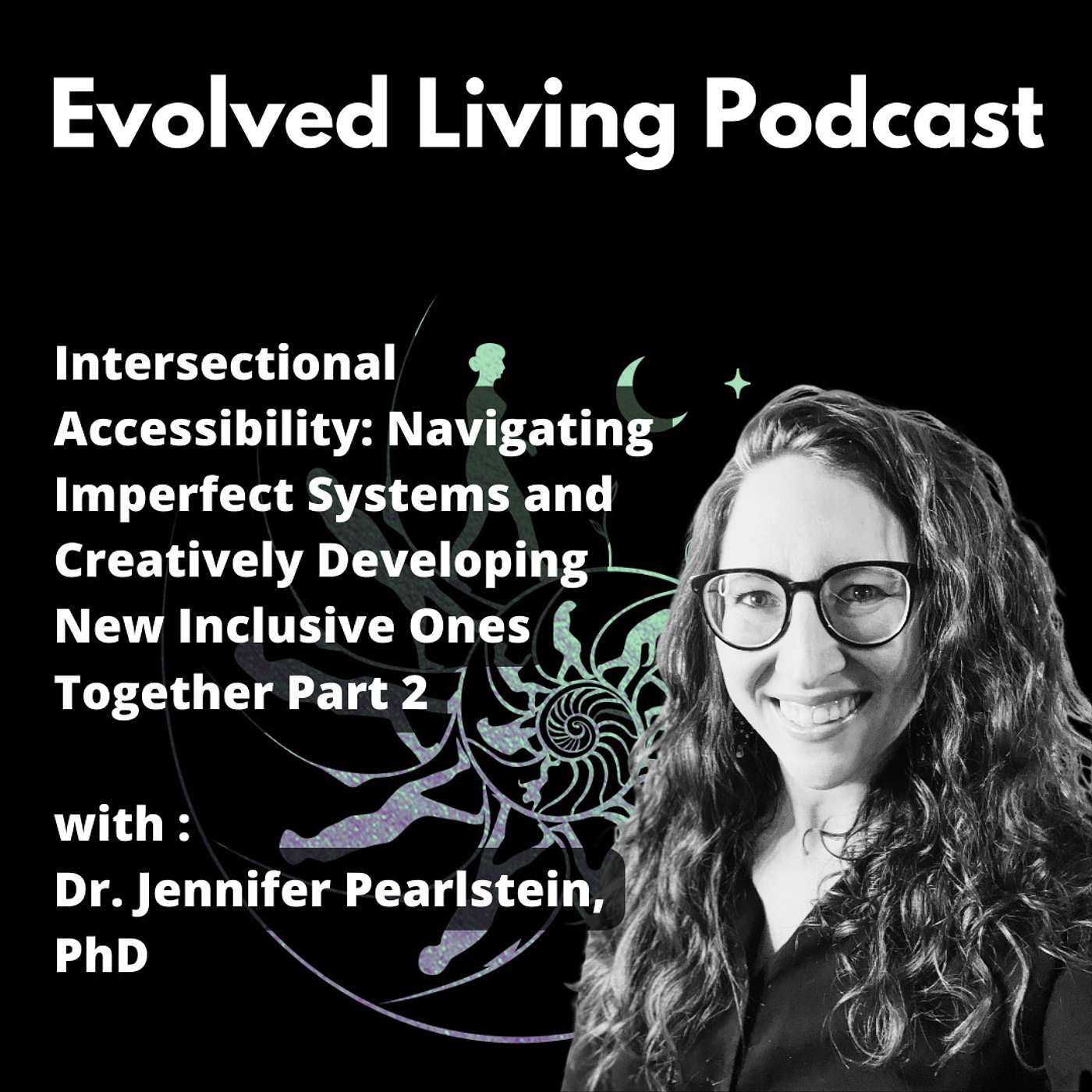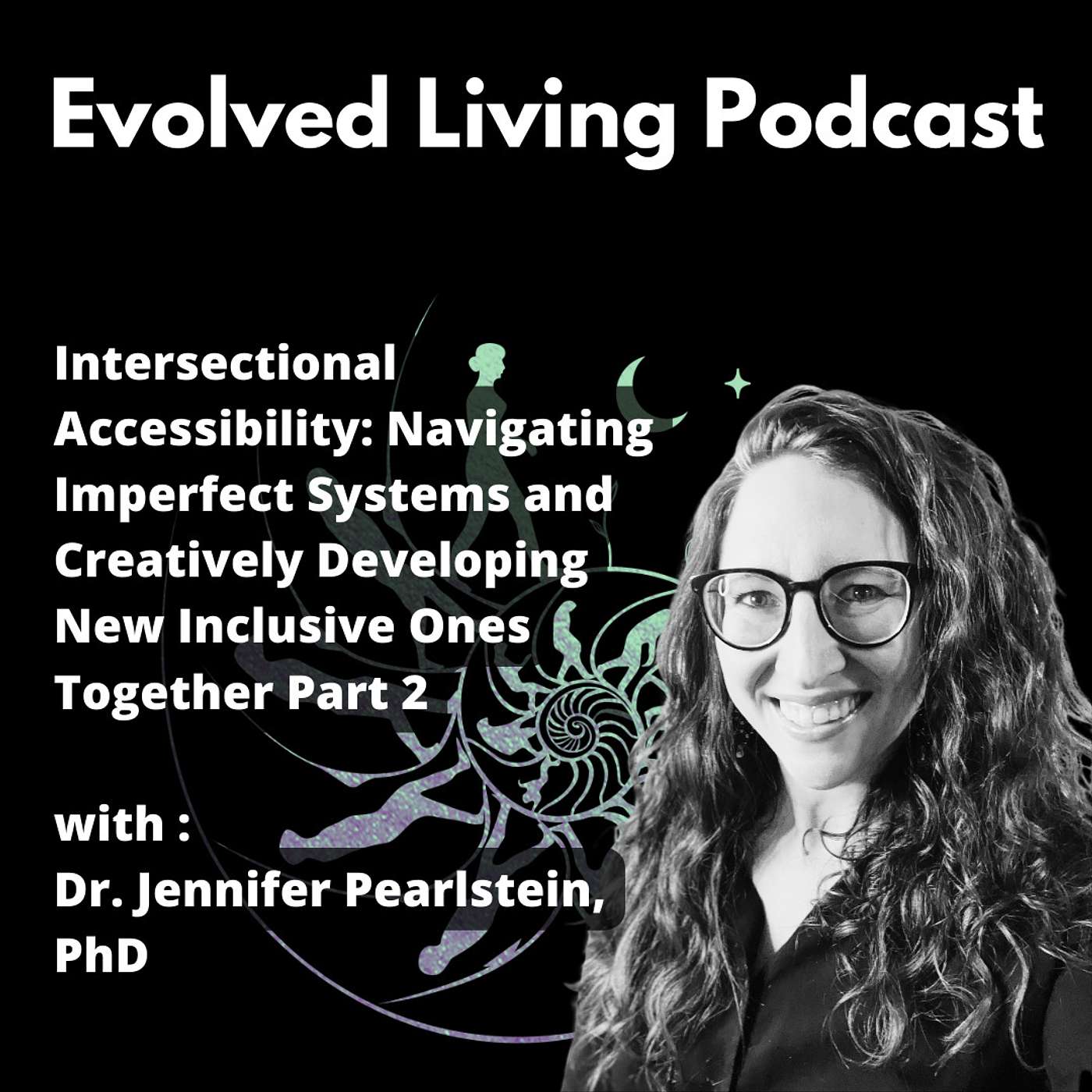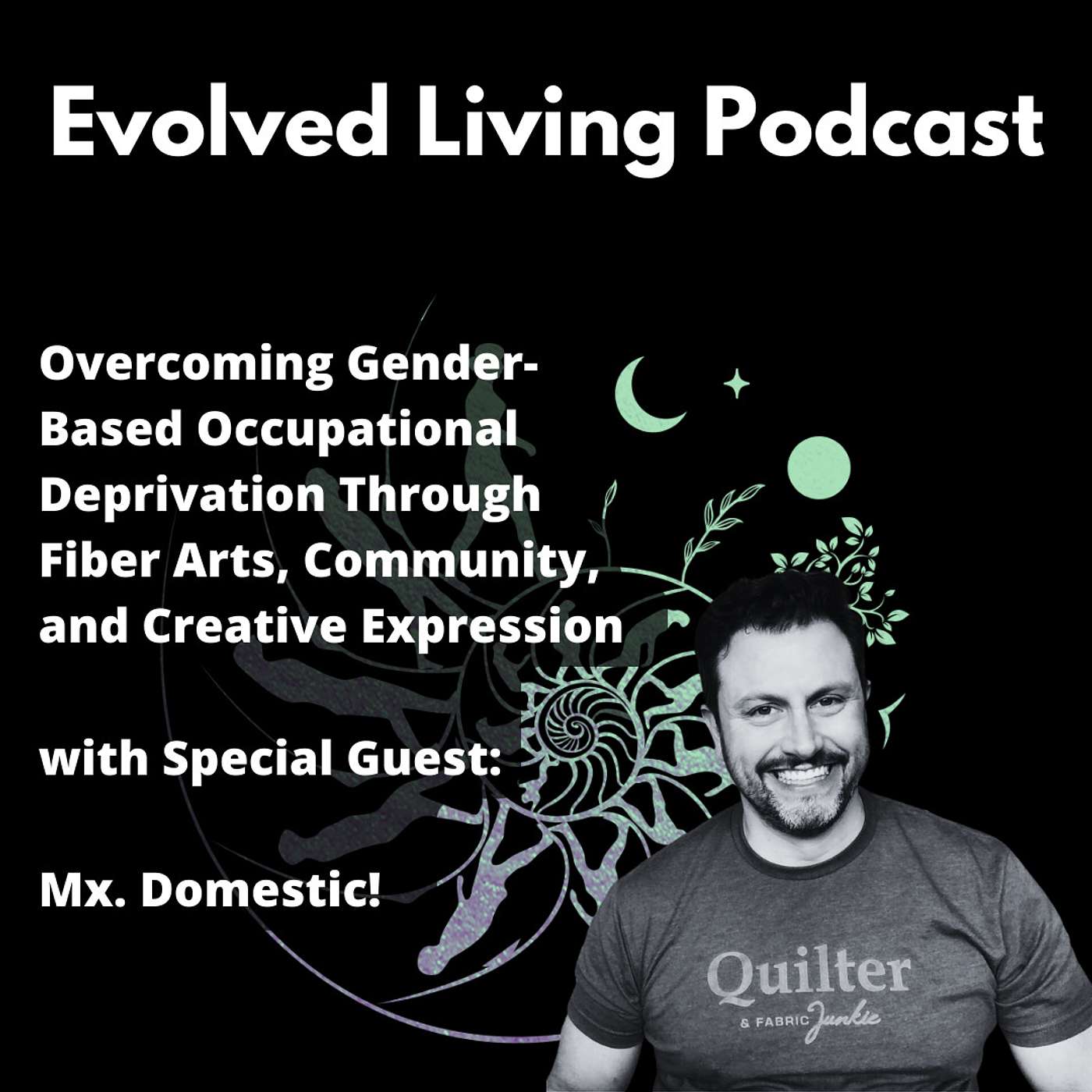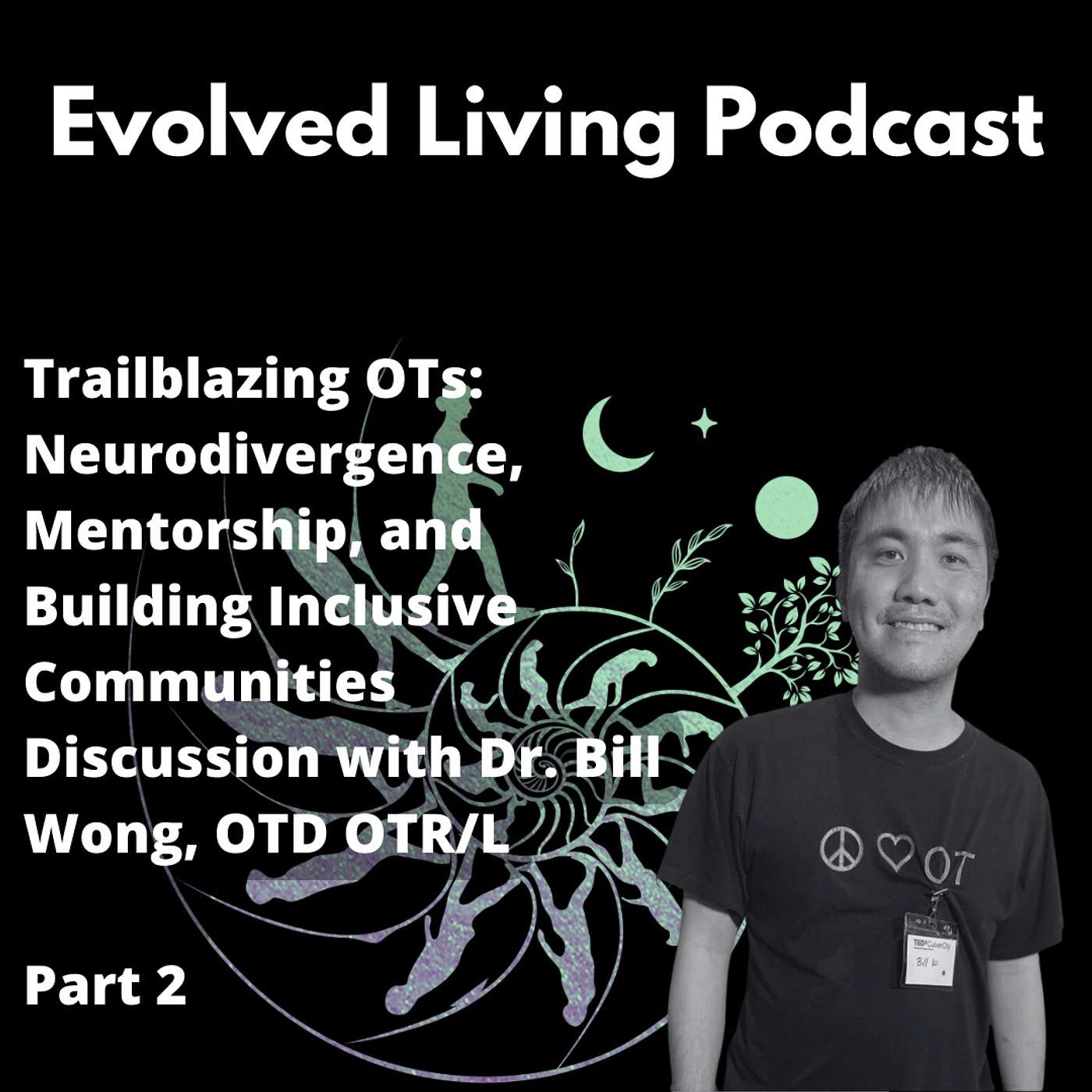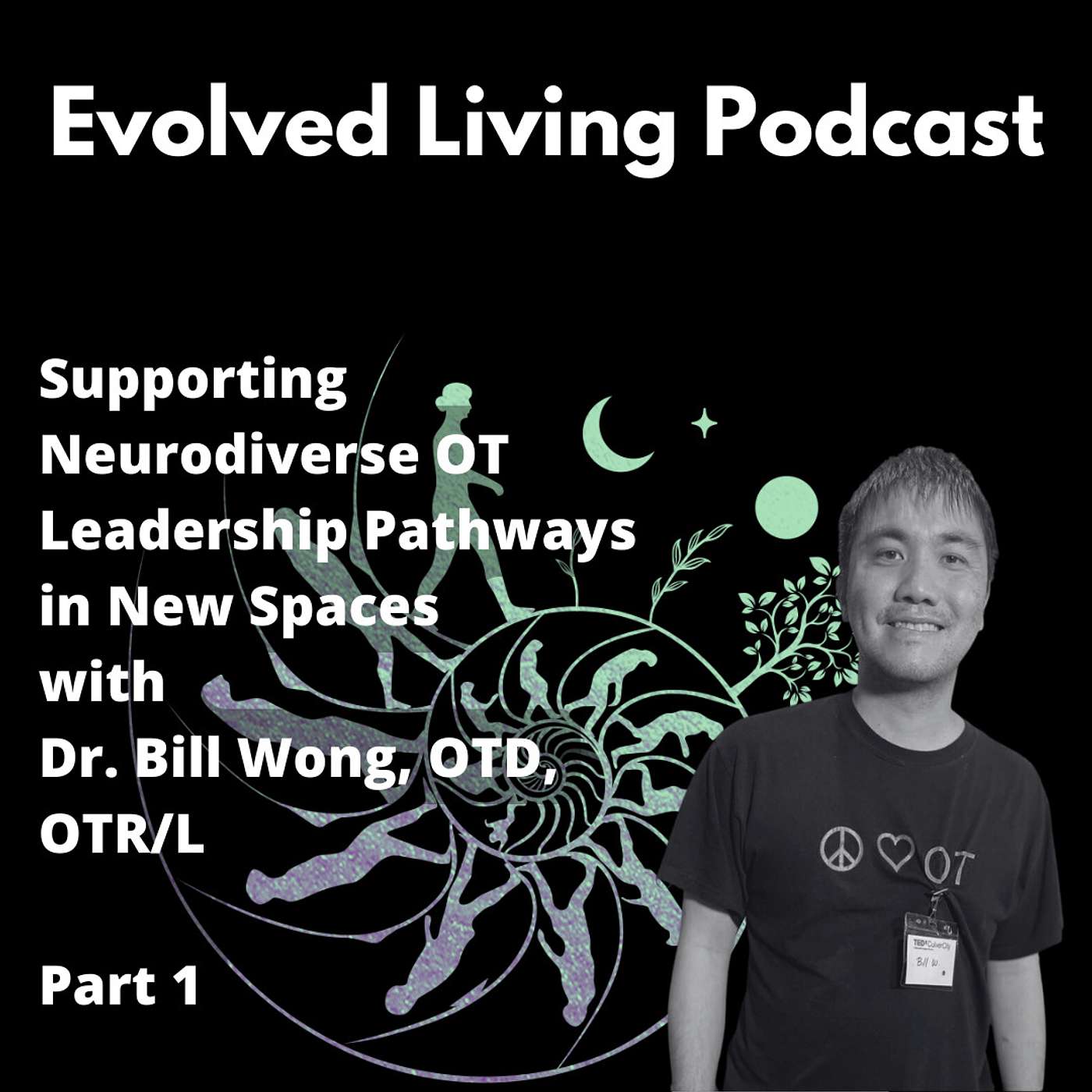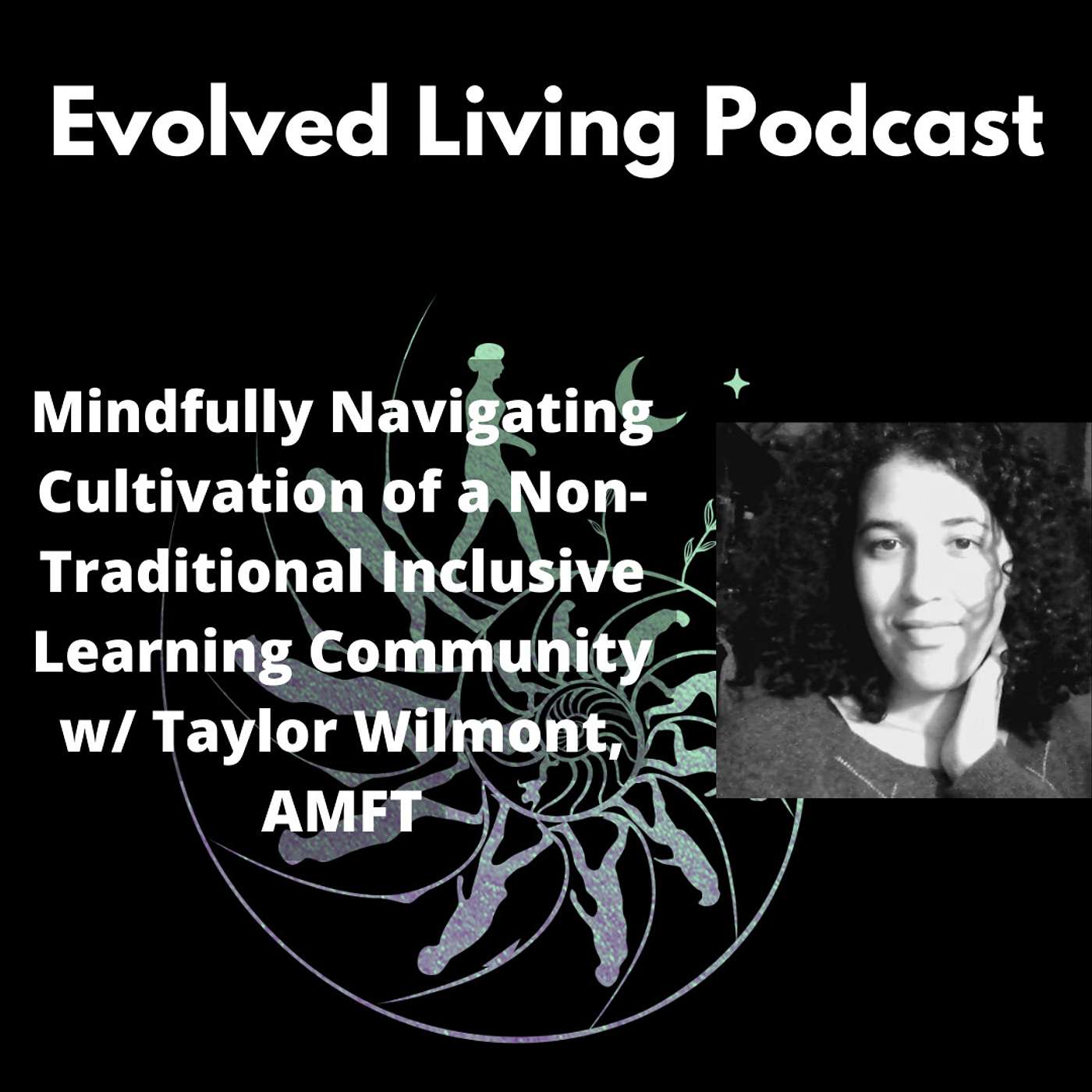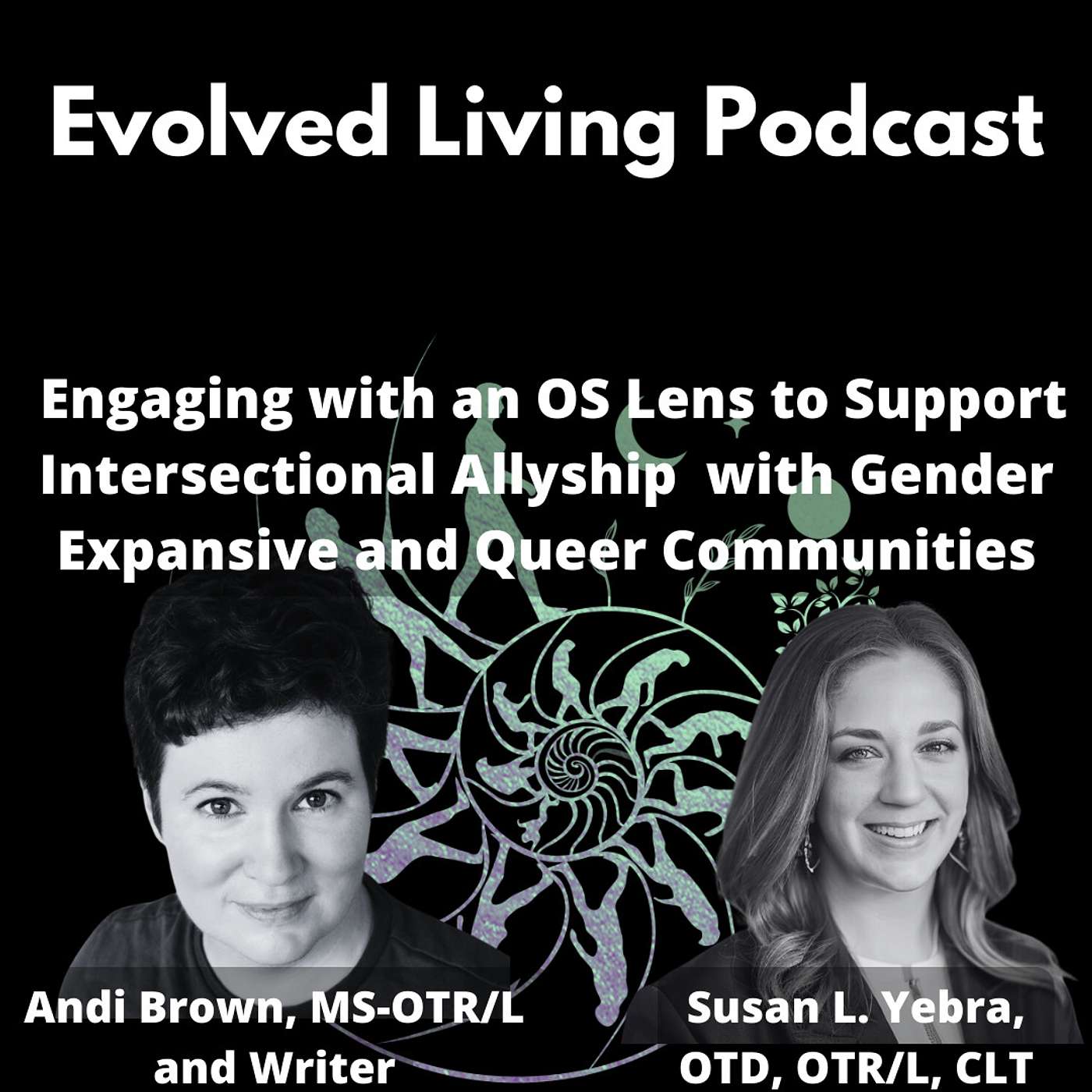Building Our Own Tables: A Response to “The Seat at the Table Fallacy”
Description
Last week I reacted live to a powerful post shared by Bill Wong in our community. The article in question — “Occupational Therapy and the ‘Seat at the Table’ Fallacy” by ABC Therapeutics — suggests that the push for higher credentials in OT (e.g., mandatory OTD) has been mis-directed:
“A degree doesn’t grant influence. Credentials open doors, but they don’t dictate what happens once you step through them … A ‘seat at the table’ means very little if the table itself was built by someone else.” ABC Therapeutics
It’s a critique worth hearing. But it’s also an invitation—not to retreat—but to re-vision how we approach our profession.
The core tension
The article argues:
* Many OTD programs replicate existing content under new credentials, without generating genuine contribution. ABC Therapeutics
* Visibility campaigns (hashtags, social media posts) risk being “toothless” when they lack scalable frameworks or evidence. ABC Therapeutics
* We have long sought a seat at others’ tables rather than designing our own tables.
You’ll hear echoes of that critique in my video: I reflected on how OT education, biomechanics-dominated models, and reimbursement systems have siloed us—and how that matters for people with disabilities, for social justice, and for innovation.
My take: Let’s build AND sit
1. Building our own tables
Yes—the article is right: credentials alone don’t guarantee influence. But I take that as a call to action. We need to:
* Design models where OT is not just invited, but indispensable (policy, systems, community, creative arts)
* Co-create the future with interdisciplinary, cross-cultural, and justice-oriented partners
* Use our degrees (OTD or otherwise) to contribute—not just credential-inflate
2. Recognizing the invisible tables people actually built
OT’s lineage includes folks who built their own tables: moral treatment movement, arts & crafts interventions, community-based rehabilitation, disability justice activism. In my video I referenced how we’re responding to human rights crises, climate, trans / disability access barriers—these aren’t “outside” OT—they’re core.
3. Expanding practice beyond the “biomechanical king of the castle”
The article critiques that OTD programs default to clever “hobbie” capstones (“OT in football”, hashtag activism) without rigor or depth. My sympathy to the students who poured their hearts and best work in to their first major OT project. Perhaps some encouragement and support for the potential of their future work is also in order. I can’t tell how much more difficult contributing to the advancement of one’s field without the support or encouragement or belief in possibilities from one’s elders also want to offer what depth and rigor can also look like:
* Confronting systems of oppression (transphobia in toileting access, disability justice, policy literacy)
* Measuring participation, identity, belonging—not just ROM, strength, task time
* Using community arts, folk craft, cross-generation dialogue as legitimate knowledge translation pathways
Why this matters—especially now
* People with disabilities face occupational deprivation, systemic barriers, and need OT thinking that goes beyond physical rehab.
* The U.S. health-human services system is stressed; OT’s value-add includes bridging discipline silos, addressing context, and enabling participation.
* New generations (Gen Z, Gen Alpha) bring fresh epistemologies. If we insist on “sit at the table”, we risk boxing their potential. My mantra: “Make room for the next table-builders.”
An invitation to you
If you resonate with any of these questions:
* How might OT design a new table rather than merely trying to sit at one?
* What kind of praxis (not just theory) can we commit to that spans social justice, policy literacy, community arts, and cross-cultural collaboration?
* Can we mentor and co-create with newer cohorts, rather than gate-keep?
Then join me. Let’s build Evolved Living OT/OS Collaborative as a space for these conversations and creations.
Reference
ABC Therapeutics. (2025, October 17). Occupational Therapy and the ‘Seat at the Table’ Fallacy. Retrieved from https://abctherapeutics.blogspot.com/2025/10/occupational-therapy-and-seat-and-table.html
This is a public episode. If you would like to discuss this with other subscribers or get access to bonus episodes, visit josiejarvisot.substack.com

